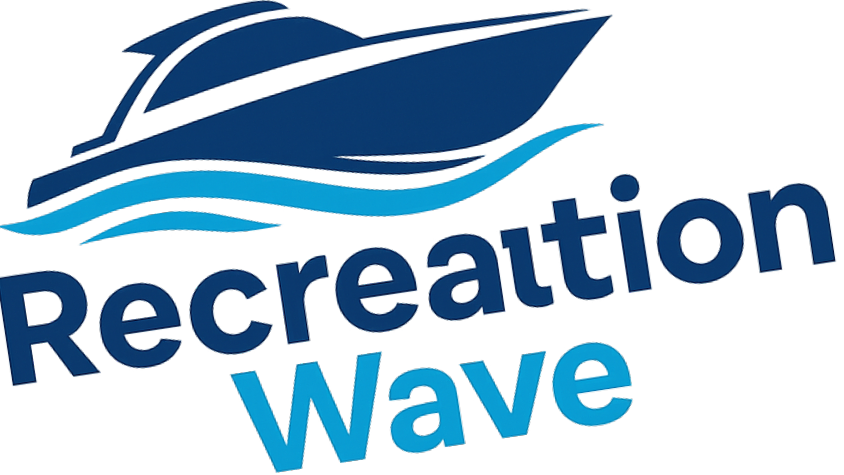
Wave Pools: A Thriving Business in Adventure Tourism
In a world where surfing is increasingly recognized as not just a sport but a way of life, the recent success of Scotland's Lost Shore Surf Resort raises a pivotal question: Are wave pools the golden ticket for profitable tourism? This surf park, which opened its doors just over a year ago, raked in an impressive £18 million (about $23.75 million) in revenue during its inaugural year. Lets explore how this model could reshape perceptions in the adventure tourism industry.
Transforming Adventure Tourism
Lost Shore Surf Resort, located near Edinburgh, has not only become a hotspot for surf enthusiasts from around the globe, but it has also positioned Scotland prominently on the adventure tourism map. The resort spans a vast area – three times the size of Wembley Stadium's pitch – and has attracted surfers from over 67 countries, including big-name locales like Australia and Hawaii. Andy Hadden, the visionary founder, envisaged Lost Shore not merely as a surf park but as a transformative addition to Scotland's adventure tourism sector. "Our goal was to redefine adventure and wellbeing tourism in Scotland," he states, emphasizing the importance of the resort in creating a dynamic environment for surfers and local communities alike.
A Local Economic Powerhouse
With its £60 million construction cost, the startup still faces substantial financial hurdles despite its successful first year. However, the park's impact goes beyond mere finances; it has created 130 jobs in the community ranging from coaches to hospitality roles, significantly boosting local employment. Moreover, this influx of visitors has resulted in approximately £18 million being funneled into the Scottish economy, a promising indicator of future growth. Economic analysts suggest that as the wave pool’s popularity continues to soar, it could lead to further investments in the sector, ultimately benefiting local businesses.
Recognition and Innovation
Lost Shore recently secured the 'Innovation and Advancement Award' at the Surf Park Summit, a testament to its forward-thinking approach. This is not a random accolade; the resort collaborates with Edinburgh Napier University to advance research in surf park design and athlete development. Such initiatives illustrate how Lost Shore seeks to pioneer sustainability and health improvements in surf culture, attracting a dedicated community. It is also noteworthy that other surf parks globally cite Lost Shore as a benchmark for excellence, enhancing its reputation.
Future Plans: Surfing Beyond Borders
The vision for Lost Shore doesn't end here. Plans for expansion in the coming year include incorporating bodyboarding and children's surf camps, ensuring that the park remains accessible and engaging for individuals of all ages. The founder aims to cultivate a new generation of Scottish surfers. As Hadden puts it, "We believe our surfers will soon stand shoulder to shoulder with the world’s elite." This goal is supported by local champions like Callie Cruickshank, who credits her training at Lost Shore with advancing her surfing skills to new heights.
Conclusion: Why Wave Pools Matter
The success of Lost Shore Surf Resort is a beacon of hope for the future of wave pools and their potential profitability. They are not just about fun waves but potentially a transformative economic and cultural phenomena. As more locations explore this model, surfing can continue to grow and evolve as a sport accessible to everyone. If you’re excited about the growth of surf culture and community engagement, consider visiting a wave pool or participating in a local surf event. Get involved, support local surfers, and join the movement that promotes this exhilarating sport.
 Add Row
Add Row  Add
Add 




Write A Comment